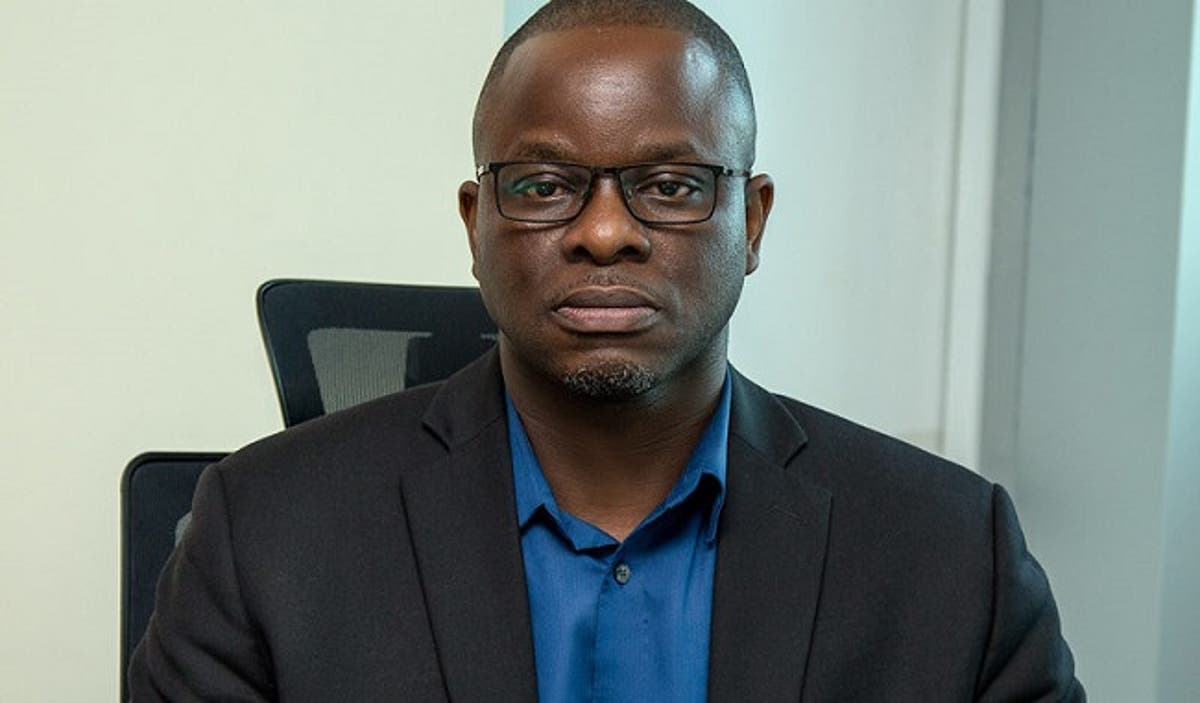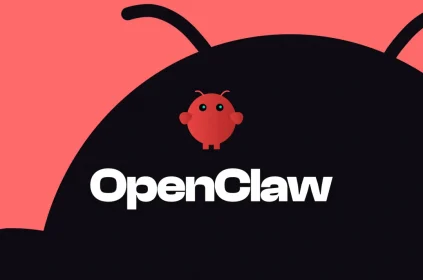[avatar user=”Anthony Ogbonna” /]
Akin Banuso of Microsoft has said that sustainable upskilling of Nigerian youth population is pivotal to ensuring employability.
The Country Manager (CM) of Microsoft in Nigeria made the statement during a Webinar discourse organised by Nigeria’s most beloved and widely read technology news media, Techuncode.
The Webinar session, held on the 18th of June, 2021, also had other prominent participants in the technology ecosystem such as Mrs Rolake Rosiji who is the Chief Executive Officer (CEO) of Jobberman – Nigeria’s foremost matchmaker of Job seekers and employers.
The Webinar conversation was anchored by the erudite General Manager of Techuncode, Arinola Gelor, and also had over 450 participants in attendance.
According to the Microsoft big gun, the company is on the mission to bridge the gap in technological skills between young Nigerians, particularly the Gen Zs and Millennials and potential employers. He said Microsoft had also partnered the Nigerian government to upskill five million Nigerian youths on digital skills and, in the process, create 27, 000 brand new jobs in the country.
ALSO READ: Why You Must Not Miss Techuncode And Microsoft’s Digital Skills Webinar
He said, “As you may know, Nigeria has a very young population with a mean age of 18. It’s ideal that in such a youthful population, the energy should be channeled appropriately. Hence, the thought of this initiative is to harness the talents of the young people in the country so that the young people who have technology skills or those who don’t have the skills would then become job creators and idea creators in the new digital economy that we are trying to create.”
Speaking on why Microsoft decided it would upskill Nigerian youths, the Country Manager noted that, “internet penetration in Nigeria is about 50%. While the pandemic has increased the pace of digitisation, there is a lot that still needs to be done to empower all the citizens to take advantage of the opportunities of the digital economy.”
He said the large population of youths in Nigeria is a goldmine the country needs to critically tap into for greater development.
“Nigeria has the third largest youth population in the world, just behind China and India.
” That means that the largest population or density youths in Africa sit in Nigeria.
” So, regardless of what the economy is like today, think about the multiplier effect if we are able to make a change and a difference in Nigeria, then that has a huge knock on effect on the rest of Africa and indeed the world and think about the things where Nigeria is already having an impact, in areas such as entertainment and media.
” But for the pandemic, if you go anywhere in Africa, even in the US, Asia, at the airports, you would listen to Afro music.
ALSO READ: Microsoft To Upskill Five Million Nigerians Through New Government Partnership
“That is the impact that young Nigerians are having.
“So, being able to empower Nigerian youths to help the startup ecosystem; to help Nigeran entrepreneurs to grow, these are the things that we looked at, based on the research that says that about 76% of Nigerians ventures are creating jobs with an average of about eight (8) or eight and a half (8’1/2) full time employees per venture. “
“Then, we had to tell ourselves that if we create the environment and the skills and the knowledge, these people will, in turn, create jobs so that we are not only relying on the government to create the jobs that we need to power our economy.”
Commenting on how Microsoft intends to have many Nigerians in the rural areas where broadband penetration is largely poor to benefit from the training, Mr. Banuso said, “Even those of us that are in the urban areas are struggling with connectivity.”
He said Microsoft would set aside some funds for developing high-speed broadband that even those, especially in rural areas can benefit from. According to him, “Following communications with the ministry of communications and digital economy and our local partners, what we decided to do was to earmark some funds which would help with the development of high-speed internet infrastructure in some of the six geopolitical zones in Nigeria. What we have is a Team called Air band; Microsoft Air Band who has been working with the Nigerian Communications Commission (NCC) and the Nigerian Broadcasting commission (NBC) for some years now to leverage on technology that we have been working on that leverages the unused TV white space to increase broadband connectivity in rural areas.
“In the meantime, the Air band is not limited to that technology alone and what we are doing is working with partners locally who already have the infrastructure to see how we can improve broadband connectivity and extend it to rural areas. If we do that, then we can then bring those communities into the digital economy, provide digital services, be it healthcare, financial inclusion and leveraging some of the hyper skills services that we have.”
Talking on the sustenance of the skills training, the Microsoft boss said the company would train some people who would then become certified instructors who will in turn train numerous others, thereby having a multiplier effect in the country.
He said “sustainable skilling of the Nigerian youth population is pivotal to ensuring employability and access to digital work.
” That is non-negotiable.
” So, as we are looking to quickly recover from the economic crisis that Covid-19 and the drop in the oil prices has brought, it is important to reduce the cost and increase the efficiency of governments to be able to deliver our skill initiatives with better learning outcomes.
“Part of what we are doing is that we are building into the plan in a way where we increase the skills.
” So, we are training a number of people – like Training the trainer- who will then be able to pass on those skills and the more people that we have in our communities who have those skills, then we start multiplying.
“We will also be working with our non-profit partners to drive sustainability of their own initiatives through several means which include a strong partnership and collaboration with governments from an intervention standpoint as well as policy engagements with relevant stakeholders which would then ensure that there is long term sustainability of these interventions.”
“What we don’t want is to build something and you don’t maintain it.
“So, what we are focusing on is partnerships. If you look at the way we have been going about it, we have been partnering with people so that they have their businesses more sustainable.
“So, they will keep on running it and we would be there to help and guide.
“So, we don’t just donate and walk away,” he concluded.
Earlier, the host and General Manager of Techuncode, Arinola Gelor had, while welcoming the guest speakers, said the discussion was to have the Microsoft chief x-ray the company’s planned digital skills trainings for Nigerian youths as well as its partnership with the Nigerian government on the country’s digital transformation journey.
She had also added that Jobberman’s CEO, Mrs Rolake Rosiji equally joined the Webinar to take the audience on a session on match-making skilled youths with potential employers.
The GM further said that the dialogue was well-timed as it is especially relevant in a time when almost everything has become dependent on technology for survival.
“Assembling these key players in the tech ecosystem to rob minds on how tech can be used to create jobs in Nigeria is especially relevant in the current stage of our country’s development.
“This is more so for our country that is, today, plagued with high unemployment rate and rising un-employability of our youths due to lack of tech skills. Therefore, the time for this promising discuss on digital upskilling for Nigerian youths is no other time but now,” She said.
The gap in technological skills between the youths, especially the Gen Z and Millennials on one hand and employers on the other hand, has become one of the major reasons for the increasing unemployment rate in Nigeria.
Also, with the added strains of the country’s dwindling economy, lack of infrastructure and the festering insecurity, the unemployment curve has even ascended more dangerously, with the latest statistics from the National Bureau of statistics placing unemployment rate at 33.28% and the rate of under-employment at 22.84% in the Q4 of 2020.
According to the report and under the age groupings, Nigerians under the age bracket of 15-24 (Gen Z) as at 2021, have the highest unemployment rate, at 53.4% of the total labour force.
Sadly also, Nigerians under the age bracket of 25-34 (Millennials) as at 2021, have the second highest number of unemployment rate, with 37.0% of the total labour force, in the fourth quarter (Q4) of 2020.
This reality formed part of why Techuncode assembled the stakeholders to rob minds together on how to upskill Nigerian youths and make them employable.



















 and then
and then